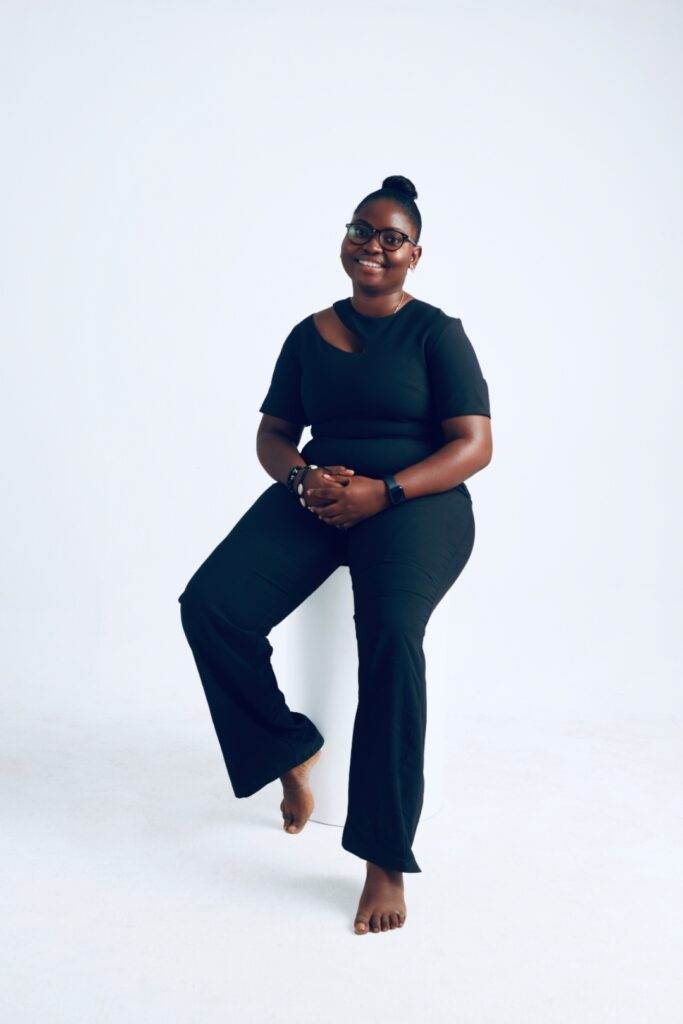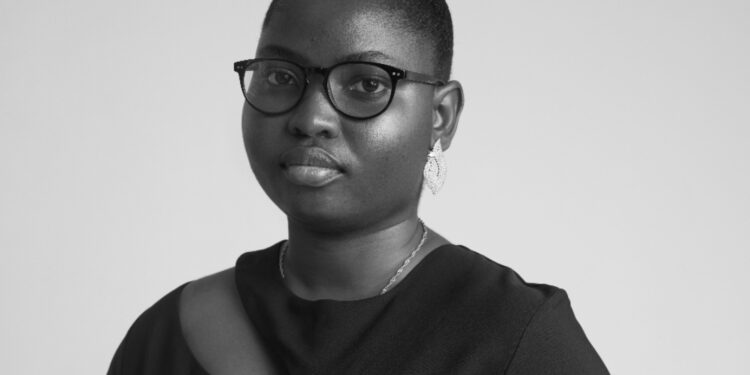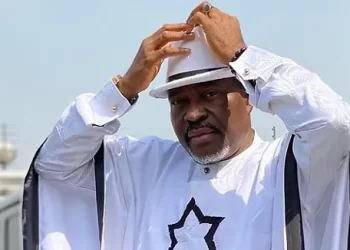Nora Awolowo is a Nigerian cinematographer, documentary photographer, film director, and creative director. She recently bagged an award at the 9th edition of the African Magic Viewers’ Choice Awards (AMVCA) in the best documentary category for her work on “The Debut”. A film which narrates Nigeria’s journey as debutants at the 1994 FIFA World Cup.
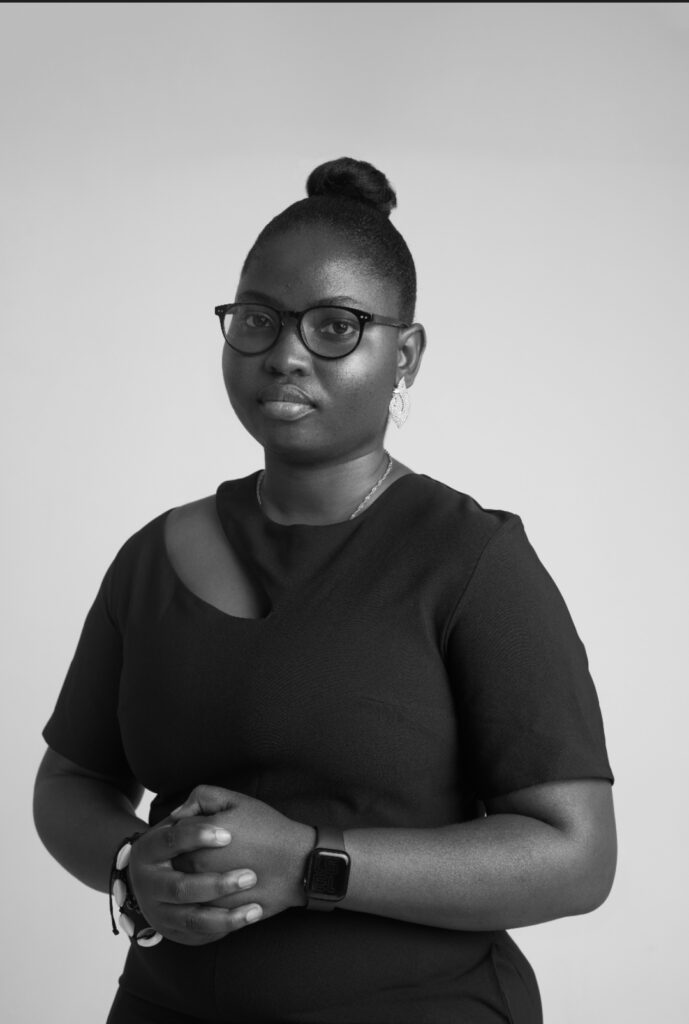
Nora, hails from Ipare remo, Ogun state has worked on a series of high-profile projects with brands such as Sterling Bank, Netflix, Tecno, FIFA, Chipper Cash and a host of others. She is highly respected in the film industry for her ability to pass poignant messages through captivating storytelling and immaculate camera takes.
In this exclusive interview with the 24-year-old, we journey into Nora’s world and delve into what has made her the Amazon she is today.
Switching from Accounting to Cinematography, at what point did your parent agree to this wild decision?
I am a very handy person; I like to use my hands especially electronics in fixing things in the house. I remember my parents were always like, so growing up I always wanted to be a banker and every time I fixed something in the house like I can service a generator that’s how good I am with hand stuff and I negotiate with handy men. So, for them it was like what are you doing in the banking and accounting, why not go into Engineering like Mechanical, but that was not something I wanted to go to school to start learning. I still went to school anyway over the years I just noticed that being a banker, a microbiologist graduate bin Nigeria can go for graduate training and become a banker in Nigeria. Currently that’s the state we are in the country, so I said let me go far accounting instead and it was a decision based on the condition of the country at that time, because I felt an accountant can work in different aspects of different organisations and were not limited to just banks.
They (her parents) were fine with it as long as it was not banking anyway, they were even pushing for me to be Chartered, but I was not interested.
Second year I saw a vacancy on Twitter saying they were looking for an accountant, I think the pay was 70k per month and I was like what is that, why will someone spend 4-5 years in school and getting paid 70k per month. There was one of my friends that mentored me, he was serving in the school, he convinced me; he was like you like taking pictures with your phone why not go into photography. He had a Nixon D-300, If I can remember. That’s how I said ok, let me just start and he stated sharing pictures of people using their phones and they were doing pretty well and he just told me see this person you can reach out to. These days I have not seen him online. That’s how it started basically and here we are today.
My mother was indifferent, I think her concern was that “she is still school, she is doing other stuffs”. My father was like, “how do you want to go into photography, do you want to become does baba that take pictures for N 500 at the bus stop or something”. But me I was not bothered, I know people’s words bother me but they are my parents, they will always come around. My father was not comfortable with the decision at that point. I started shooting events when I delved into photography and videography, my mother was so worried, I think I was 18 or 17 then, why is her child still out there at about 10pm and I can not tell somebody to rush wedding because Nigerian weddings have after parties. I will not tell somebody to rush their wedding because my mother was angry. So every time I was going out she will have a register of book to write the location I am going to with number. We were always like fighting because return late because of work and whatever you were filming there’s that chance that you will finish late.
It’s filming we all know how it goes with events, it will always tune into the night and the film makers are usually the last people to leave the event. It was a problem for us. We were always fighting about it. Then again, I was not making money like that, then I will collect money from her transport fare only for me to come back late at night again, making her very mad. Like what kind of work are you doing that you cannot even afford your own transport fare. Along the line they started getting along, when they saw improvement, I stopped reaching out for money at home, I started buying my own stuff, I think the moment I stopped asking for money at home, they got comfortable and started aligning. I always tell people just make it in this life, they will always come around and support you.
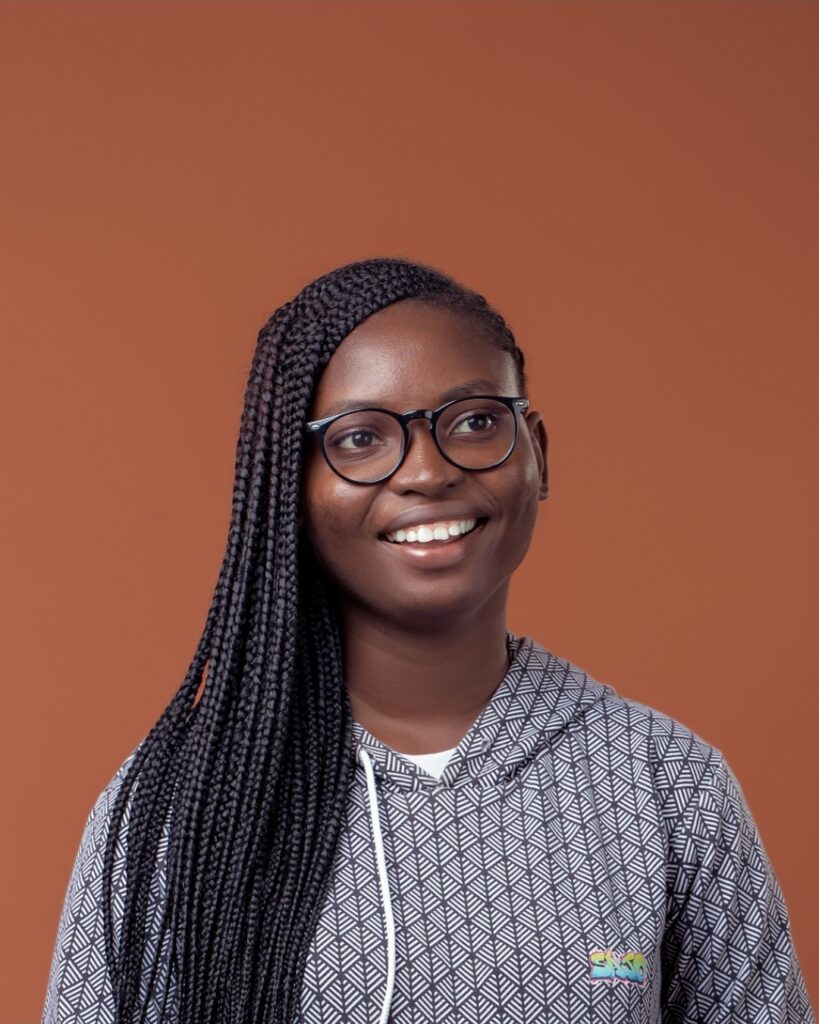
Can you talk about a specific project or scene where you faced significant challenges as a cinematographer, and how you overcame them?
Every project comes with its own challenge. I think my recent work, but I am not meant to talk about it. It is supposed to come out in sometime June/July, because I am trying to use that, because I shot in four countries and I had to travel twice filming in countries where you are trying to get your equipment to align and this people do have the same equipment you have in Nigeria.
I think the documentary about white garment church. So, I suggested my team to the producer and unfortunately for us we had budget constraint. Imagine using a camera like RA, shout out to Sodiq, my sound guy, he was the one pushing me on the track and trying to make things work. I think, thinking about it there was no force pusher and we did everything ourselves. I was the one that did the whole editing, there was a lot of back and forth trying to make the story perfect, but the reception we had from it has been very good, people do not see the process, it’s the result that matters.
How do you approach collaborating with directors and other members of the creative team to achieve the desired visual aesthetic and storytelling?
For me as a cinematographer first thing first when you reach out to me for work, I first ask you after the reading of the project brief, I ask the director for the vision and most importantly I try to ask you for your mood board, so it just gives me a grasp of oh this what this person is trying to achieve, this is what this person is trying to do with this scene. I try to have a conversation and meeting with director, sometimes I even ask, do you have a film reference or project reference because that makes us align on the same page, so it just makes it easier for me, because we have discussed about it before. Talking to my director just makes life easy for me and then sending a director’s statement of the scope of the project.
What do you think the colour should look like, what is the theme, is it dramatic, these are the things I try to ask to know that, first thing first I just want to align with project. Is it the project that is for me right now, do I like the theme of project, is it something I will want to work on, for me once you can beat that, the others are minor. We just have to make things work with the director.
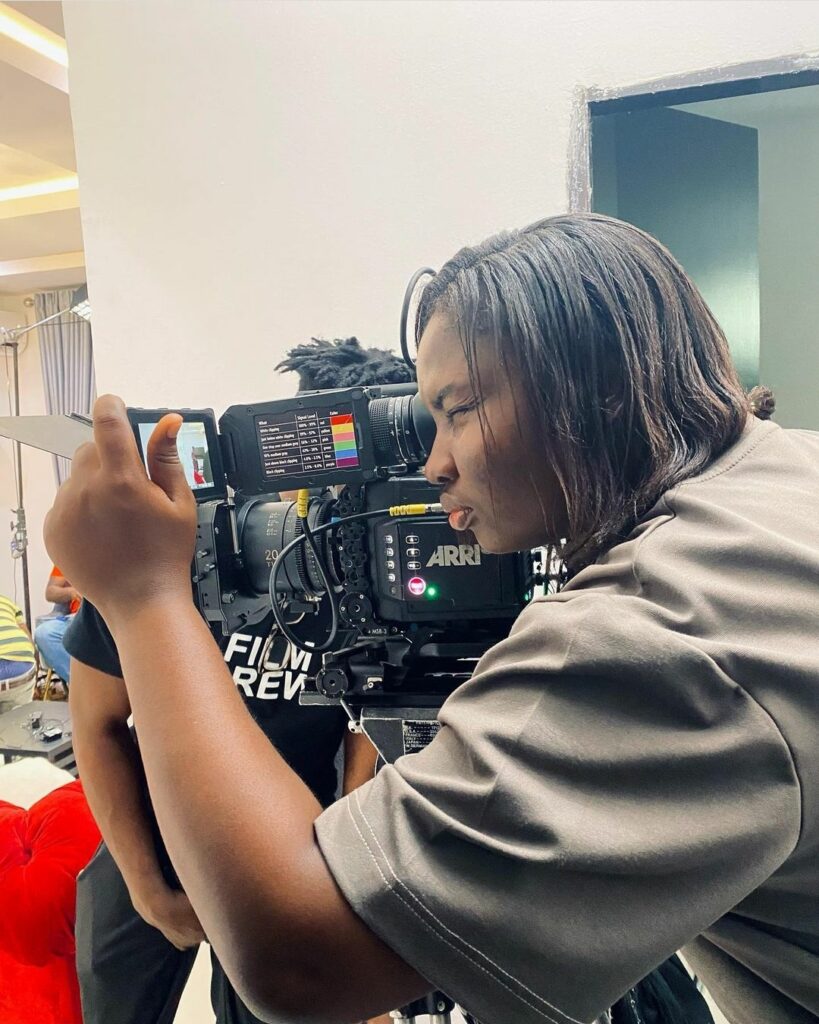
How do you navigate the balance between artistic vision and practical constraints, such as budget limitations or shooting schedules?
So, I try to be realistic as possible as a person, I mean everybody has like grand ideas, they want to blow bomb on the Third Mainland Bridge, but we need to be very realistic. Once somebody sends me a brief or a script now, if I am probably the one like sometimes, they just send me stuff and they are like we want you to do all of it. I have like a team of people that produce; I have a producer in-house that do these things. I just try to focus on the creative side of things. One thing I ask is what is the budget for this, lets know what we can do. So, whatever we are doing, whatever plans that we are doing aligns with it
There are so many beautiful films that are shot in a very minimal location, just make your production design very good. Once you start having dreams and like your budget cannot match it there is a problem. That is when you have projects and you are trying to raise money and stuff, me that is my own approach, first thing I ask first, if it is a project that I am not the director, that the director’s vision to align with the team, what I am bothered with about my equipment, what is the budget for equipment, what is the budget for equipment. If I send you a list of equipment, that is when the producer will now come in and now say, “oh we cannot afford this kind of equipment, Nora please can you help us come down on Camera.”
Like a lot of producers have stopped using RA now because of the cost, about 250 k per day, a lot of people are now using Blackmagic camera, which will almost get you like same result. These are conversations you have with the producers. Like what is your budget on camera, do you think you can afford an RA, do you think that Blackmagic will work best or its Red that will work best for you. So, once you have these things, you will know oh like a Red camera now, the low light shooting is very terrible, you know that you are getting more lights. So, you are adding more light to your equipment list. I mean you are getting a lower camera you need to compensate for it with the lighting budget, these are the questions, to be honest.
I just try to be realistic as possible. Producers we even have conversations with tell us, “Nora this is our state of things now, we cannot afford that, so we just work with what we can afford”. So, you will think about it and say ok, I mean this is the economy of things, I really like this project and I will like to work on it, so I try to make things work. For me I am at a point where I work with big budget and I am not going to lie to you, but there are some projects that also come as collaboration. I am always saying it, it is good to collaborate, I started out collaborating with a lot of my people on I have someone that edits here, call them and say oh I have this exciting idea. I think it will be nice to edit this thing, especially because they know that there is nobody sponsoring it, it is easier for them to jump on board and agree, because they know I am not trying to like make money off them, it is a passion project.
I try to tell people that when setting out, just try to work on passion projects, call people in your circle that aligns with your vision and say this person is a good director, this person is a good producer and they too are also looking for kind of work to also work on, so you can also just pitch to them like oh I have a very good idea, will you like to work on it. Then you people can even put funds together, if one person is dropping 20,000 Naira for camera or something, another person is dropping money for putting their car down for transportation or something, but now when I am working without other people that I know this thing is funded, it depends on the scope of the project to be honest. Am I travelling out of the Lagos state, how far we going, do we have to buy ticket, how many people are going to be on the scene.
Like my last project I am saying I do not want to talk about it, we worked with 100 people, when it comes out you will see it was worth working with 100 people. So, I was talking to the producer recently about it and we were just laughing about it. Our extras alone were over 100, but I did not start out with working with over 100 people. I started out with working with maybe just three of us; a producer, me, I edit too so I probably will be the one that edit and add royalty music and ads to it.
So, when you are starting, it is a gradual process, you start small and grow along the way, then when people come and start expanding your vision and they say oh, I have money to fund this. Then can increase your team and the capacity that you guys can work on. I have seen people reach out to me and say oh, I have a very nice idea, but I do not have money. If I find the idea very good, I will jump on it because I like storytelling and I feel that storytelling works for me, I will jump on it to work on it. People should reach out for people for collaborations, usually for passion projects. Do not wait till you have 2 million Naira or 1 million, the clients that will come that has money will come when they see that your passion project that you have released and say oh how much did you do that, that is when you start costing like oh, this Labaja did not collect money from me, this is how much you will collect on a normal day.
To be honest people see it when you put your work out there, you just think people do not engage it, but those are the people that will say when they are in the rooms that need like references or referrals. They will say oh, I know one Nora somewhere oh, she has done almost like something alike, let’s ask her for costing of these things. Write all those things that people did, that’s why I am always like, I am a fan of working with people I started with, because let all of us grow together. These are the people that worked for free when there was no money, now that there is money let them also enjoy out of the money.

What is your best Nigerian movie of all time?
Eh Eh Eh, we have had like really good stuff oh. Omo, for me I grew up watching the likes of Saworoide, like when I was young, so that film for me is a standout and Maami, I remember watching Maami by Funke Akindele and I think Tunde Kilani, that worked on it and that film made me cry when it came out that time.
Saworoide and Maami, yeah those film stand out for me. Maami was even more recent than Saworoide. I saw Funke Akindele in a different light. Yeah those are my all time favourite films in Nigeria.
What about your favourite Hollywood movie?
Please let us buy Naira to grow Naira (laughs)
Are there any specific filmmakers or Cinematographers whose work has influenced your own style, if so, how have they inspired you?
Recently I have worked with Bani (Barnabas Emordi), Bani is my guy. Bani is a very brilliant person, he is an amazing person to collaborate with and work with. Tunde Kilani, Mohammed Atta’s works, I like the way he uses lights. I am a very big fan of people using lights very well, he is able to match colours in projects he works on. These are people that I will always reference their work and go to watch it and reference their work and go to watch it and say, oh how did this person do this and that.
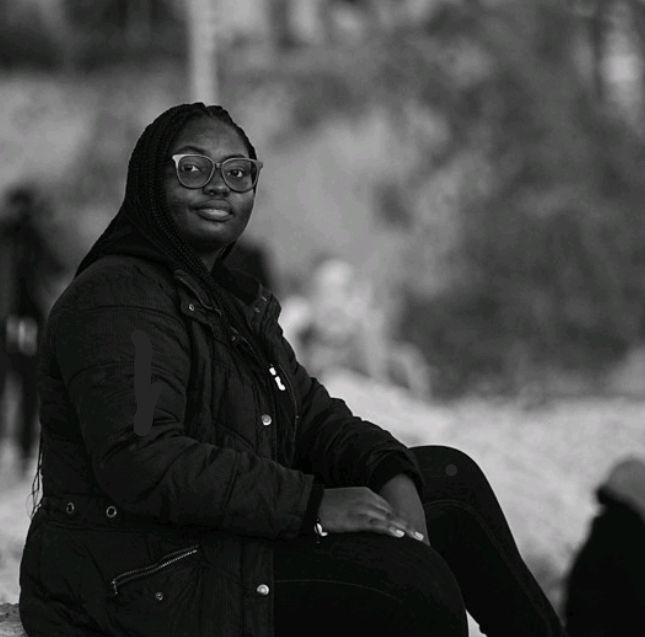
What advice would you give to aspiring Cinematographers, who are just starting out in the industry?
My advice to everybody will be consistent, collaborate with people that are in your circle, network sideways. Do not go and say I want to work with Kunle Afolayan, I want to go work with people like people that are already there.
The people that are in your circle are the people that will become future leaders tomorrow. I am always saying this, they are the ones that will be in the room where decision will be made tomorrow. Network with them, work with them, be consistent. I like even when I did not have a job from client, I will always be probably be going back to the street with my camera and shoot something and put it out there.
People are seeing it, you do not just know. Be consistent, this is what dreams are made of and it is very possible and all your dreams are valid. Like I said on stage (at AMVCA), all your dreams are freaking valid. I did not see it coming, like I did not see a lot of these things coming but yeah at the end of the day your efforts and hand work will always be rewarded.

Is there a particular project or genre that you have not worked on yet, but would love to explore as a cinematographer?
I put it out last month that I want to work on a Crime/Thriller, you people should make my dream happen. I really want to work on a Crime/Thriller in Nigeria, like as a cinematographer. I want to shoot a Crime/Thriller like something exciting, something that will do “gbem gbem gbem”, do you get?
This is like the next project I know if I work on it seems like my dream has come true. Please anybody that reads this that is a producer, director, please make my dream happen. Let us do this.
Is Nora single and ready to mingle?
I am young, I am single and I have a lot of things ahead of me (laughs)
